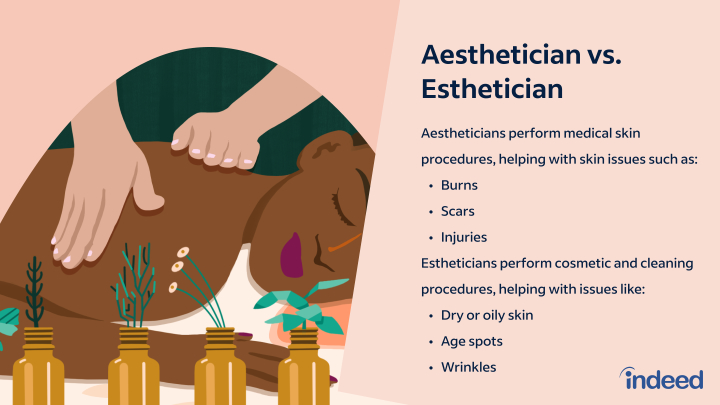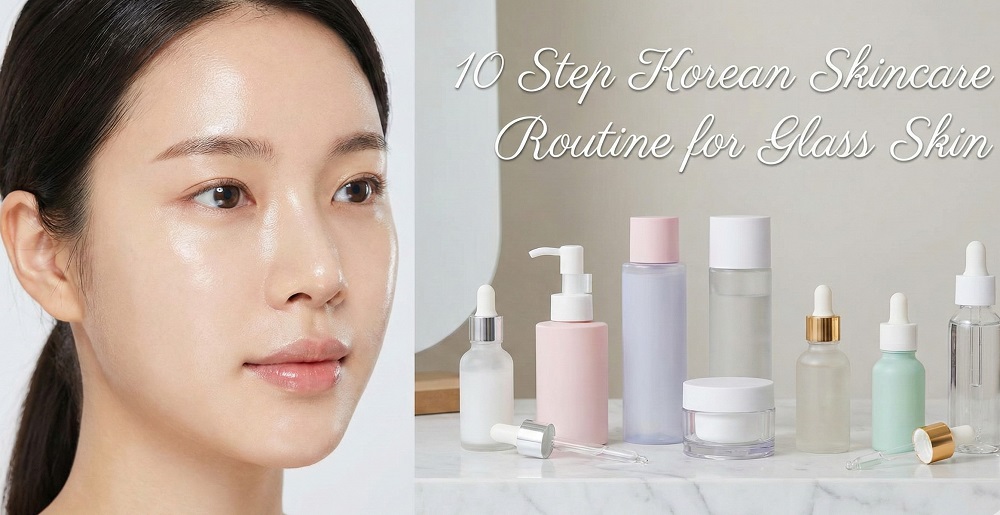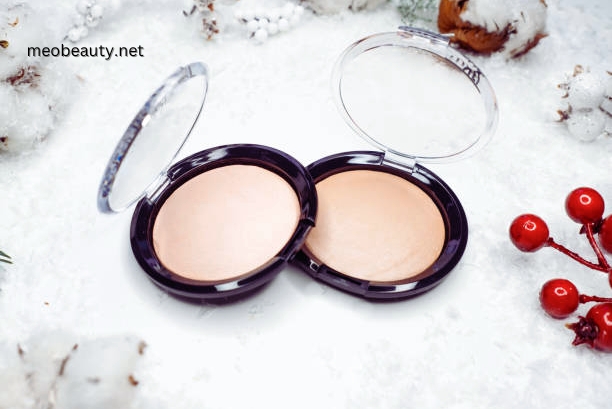A skin care specialist focuses on the health and treatment of the skin, while an esthetician provides a broader range of beauty services including skin care. Both professionals work to enhance clients’ appearance and can offer similar treatments, but their scopes of practice can differ. “What is the Difference between Skin Care Specialist And Esthetician”
Navigating the beauty and wellness industry can be complex, with an array of professionals specializing in various aspects of personal care. Within this spectrum, skin care specialists and estheticians are pivotal roles that often spark confusion due to their overlapping services.
Skin care specialists, as the name suggests, are primarily concerned with maintaining healthy skin, offering treatments like facials, acne prevention, and anti-aging regimens. They hone in on dermal health, utilizing various products and techniques to improve skin quality. On the other hand, estheticians extend their expertise beyond skin care to embrace a broad selection of aesthetic treatments including makeup application, hair removal, and sometimes offering nail and hair services in certain regions. Both professional paths require a deep understanding of skin physiology and a commitment to staying current with industry trends to effectively address client needs.

Credit: www.self.com
Skin Care Specialist Versus Esthetician
When talking about making skin glow, two professionals come to mind: skin care specialists and estheticians. They both work with skin but in different ways. Let’s look at what distinguishes them.
Profession Outlines
Skin care specialists focus on skin health and beauty. They know a lot about skin science. Estheticians also care for the skin. But they give more beauty treatments, like facials. Both have training, but their paths are unique.
| Skin Care Specialist | Esthetician |
|---|---|
| Works on skin problems | Focuses on beauty treatments |
| Knows skin deeply | Experts in facial beauty |
| May work with doctors | Often found in spas |
Key Roles
- Skin care specialists examine skin closely. They suggest ways to improve skin health.
- Estheticians make sure clients relax. They apply masks and do massages for healthy skin.
Both professionals use creams and tools for better skin. They talk to clients about skin care too. Yet, skin care specialists might use medical machines, while estheticians stick to spa gear.
Educational Paths And Qualifications
When deciding on a career in skincare, understanding the educational paths and qualifications is essential. A skin care specialist and an esthetician both work with skin care, but their educational requirements differ. Below we detail the certification and advanced training involved for each profession.
Certification Requirements
Both skin care specialists and estheticians must pursue certification to practice professionally. This accreditation confirms that they meet the industry standard.
- Skin Care Specialists typically complete a state-approved cosmetology or esthetician program.
- Estheticians also need to complete a program, which tends to be more focused on skin care and less on other beauty services.
After completing their respective programs, professionals must pass a state licensing exam to legally provide skin care treatments and services.
Advanced Training
After initial certification, advancing in the skincare industry often requires specialized training. This training enhances skills and knowledge.
- For skin care specialists, advanced training may include learning innovative skincare technologies or management skills if they choose to run their own business.
- Estheticians might seek advanced training in specific techniques such as microdermabrasion, laser treatments, or medical esthetics for medical spa settings.
Such trainings are typically offered by professional skincare institutions or product companies and may lead to additional certifications or endorsements.
Scope Of Practice
Understanding the ‘Scope of Practice’ clarifies what skin care specialists and estheticians legally provide. Each role has unique services and legal rules. Let’s explore these differences to help choose the right professional for your skin care needs.
Services Offered By Each
Skin care specialists and estheticians offer a range of services to enhance skin health and beauty:
- Skin Care Specialists: These professionals focus on skin health. They may offer customized skin treatments. These can include acne therapy and anti-aging procedures.
- Estheticians: They provide services for overall skin care. Think facials, hair removal, or makeup application.
Legal Limitations
Legal limitations define what each professional can do:
| Role | Legal Limitations |
|---|---|
| Skin Care Specialist | May be restricted by state laws to certain medical tasks. Cannot perform invasive procedures without medical oversight. |
| Esthetician | Limited to non-medical skin care treatments. Not allowed to use medical-grade devices or substances. |
Each state has its own regulations. Professionals must follow these rules closely.
Work Environments And Opportunities
Exploring the world of skin care reveals various career paths. A common question is about the work environments and opportunities for a skin care specialist versus an esthetician. Knowing where you might work and the chances to grow plays a huge role in your career choice.
Typical Settings For Each Profession
Skin care specialists and estheticians can work in overlapping settings. Yet, they often have distinct roles.
- Skin care specialists focus more on treatments targeting skin health. They often work in medical environments. These include dermatology offices or plastic surgery clinics. Specialist shops and wellness centers also hire them.
- Estheticians lean towards beauty and relaxation services. Spas, salons, and resort facilities are their usual stomping grounds. Some find roles in retail stores or onboard cruise ships, advising on cosmetic products.
Career Advancement
Both professions offer room for growth. Knowledge and experience are key in moving up.
- Skin care specialists might advance to medical esthetician roles. They could also become sales representatives for skin care products or equipment.
- Estheticians might progress to spa managers or start their own business. Becoming an educator in beauty schools is another path. Some specialize in areas like aromatherapy or laser treatments.
Client Interactions And Specializations
Understanding the roles of skin care specialists and estheticians is crucial in the beauty industry. Both professionals interact with clients and offer specialized services to meet distinct skin care needs.
Building Client Relations
Building strong connections with clients is key for both skin care specialists and estheticians. It involves listening to clients’ concerns, understanding their skin care goals, and providing personalized recommendations. Trust is essential in this relationship.
First impressions matter. Professionals greet clients warmly, making them feel welcome. Consulting sessions help to tailor services to each individual’s needs. Follow-ups are an opportunity to show care and encourage repeat visits.
Areas Of Expertise
Skin care specialists and estheticians both offer unique services.
| Skin Care Specialist | Esthetician |
|---|---|
| Focus on skin health | Spa treatments and beauty |
| Acne, eczema, and other conditions | Facials, waxing, and makeup |
| Medical knowledge | Relaxation techniques |
- Skin care specialists may work in medical settings.
- Estheticians often work in spas or salons.
Both professionals can specialize further.
- Anti-aging treatments
- Organic skin care
- Medical-grade skin peels

Credit: www.indeed.com
The Impact Of Industry Trends
The beauty industry continuously evolves, affecting skin care specialists and estheticians. These professionals must adapt to stay relevant and offer the best services. Industry trends heavily influence their roles and techniques. Two significant trends shaping the landscape are technological advancements and consumer preferences shifts.
Technological Advancements
In the realm of beauty and skin care, technology steers innovation. Skin care specialists and estheticians incorporate cutting-edge tools to meet rising demands. Devices like high-frequency machines and LED therapy enhance treatments. These technologies offer precise skin analysis, promoting personalized care plans.
- Digital Imaging: Aids in deeper skin assessment.
- Microcurrent Devices: Tone and firm the skin with gentle electrical pulses.
- Laser Technology: Addresses a range of skin concerns, from wrinkles to scars.
Shifts In Consumer Preferences
Clients now seek sustainable and holistic approaches. Skin care specialists and estheticians recognize this shift. They favor products with natural ingredients and eco-friendly packaging.
Clean beauty and wellness: Clients desire non-toxic products.
Customization: Treatments tailored to individual skin types are in demand.
Educational Services: Professionals educate clients on proper skincare routines.
Industry trends impact these roles significantly. They shape the tools, products, and methods used in treatments. Both skin care specialists and estheticians must keep up with these changes to offer top-notch services.

Credit: www.healthline.com
Frequently Asked Questions On What Is The Difference Between Skin Care Specialist And Esthetician
What Qualifications Do Estheticians Hold?
Estheticians are licensed skin care professionals. They must complete a state-approved cosmetology or esthetician program and pass a licensing exam. These programs teach skin care, makeup application, and sometimes additional wellness practices like massage.
How Do Skin Care Specialists Differ?
A skin care specialist typically focuses on facial skin care and may offer services like facials and cleanses. They might not have as extensive training as estheticians, who also perform hair removal, chemical peels, and more invasive skin treatments.
What Services Do Estheticians Offer?
Estheticians offer a wide array of services including facials, exfoliation, acne treatment, chemical peels, microdermabrasion, hair removal, and makeup application. They can also provide skin care recommendations tailored to individual client needs.
Can Estheticians Perform Medical Procedures?
Generally, estheticians are not permitted to perform medical procedures. They provide cosmetic skin treatments, while medical procedures are carried out by medical estheticians or dermatologists with specialized training and licensing.
Conclusion
Understanding the distinction between a skincare specialist and an esthetician empowers you to make informed choices for your beauty needs. Both professions offer unique benefits, tailored to diverse skin care goals. Choose your expert wisely, based on the services you desire.
Embarking on your skin care journey has never been clearer. Remember, healthy skin is always in vogue.




